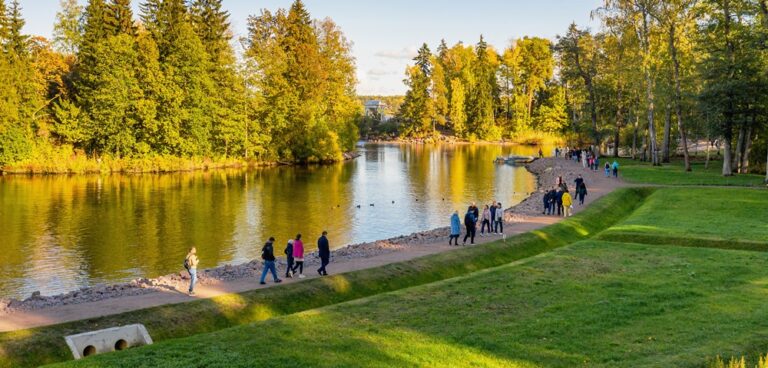Two in five (38%) adults in the UK spend less than an hour a day outdoors, with lack of access to green spaces having a knock-on effect on mental and physical health.
This is according to new research from leading health provider Bupa, which is calling for access and quality of shared outdoor spaces to be improved to boost the health and wellbeing of our people and planet.
The main barriers to getting outdoors are not having enough free time (15%) and having a busy job (13%), and many people also struggle to access outdoor spaces, despite the known health benefits of being in nature including mindfulness, a better mood, reduced stress and anger, improved self-esteem and being more active1.
More than half of people (52%) don’t have access to a park within walking distance and one in eight (12%) live over an hour away. And for many, their local green space is unkept (30%) run down (26%) or overcrowded (23%), with these issues more acute for city-dwellers2.
The lack of outdoor space has a knock-on impact on health. Nearly half of people say that their mental (47%) or physical (47%) health suffers if they spend too much time indoors, and want to increase their time outside to two and a half hours to get the maximum benefit.
Green spaces are crucial to the health of our cities, too: they create a cooling effect, providing relief from rising temperatures; support improving air quality by absorbing pollutants and releasing oxygen, and serve as miniature ecosystems, fostering biodiversity and supporting a variety of species and insects. All in all, enhancing the overall health and well-being of the urban population.
To promote a healthier environment, boost physical and mental health and kick-start long-term habits in their day-to-day lives, Bupa is launching its Healthy Cities initiative, encouraging people to incorporate daily movement into their routines throughout June. It is part of Bupa’s global ambition to support one million people to improve their health each year by 2025, through restoring and regenerating nature.
Bupa people, partners and customers will undertake a 30-day walking challenge to support fundraising for green initiatives and kick-start the habit of getting outdoors every day. This will unlock funding for the Bupa Foundation to donate up to £750,000 to help regenerate local green spaces across the country, including via its new Green Community Grant scheme. Schools, charities and not-for-profits can apply for grants of up to £2,500 each for green projects throughout June.
Carlos Jaureguizar, CEO, Bupa Global & UK says: “Our Healthy Cities challenge focuses on encouraging people to adopt long-term healthy habits, while preserving and regenerating our green spaces. The health benefits of spending time in nature have long been known, so this challenge seeks to remind people of these benefits to their overall wellness.
“People health and planet health are inextricably linked, which is why it’s essential that we help to bring greater access to quality green spaces. This supports our purpose of helping people live longer, healthier, happier lives and making a better world.”
Paralympic Gold medallist Richard Whitehead MBE says: “Without access to parks and public green spaces, I doubt I would be in the same place in my career. They are vital to local communities offering people space to come together, connect, train and more. Bupa’s Healthy Cities initiative is giving people up and down the UK the opportunity to help rescue at risk spaces and restore them so they can continue to benefit from the many positives they provide.”
To find out more, visit: https://www.groundwork.org.uk/bupa-foundation-green-grants/
Research was conducted by Censuswide among 2,005 consumers, weighted to be nationally representative in May 2023.
References
- https://www.bupa.co.uk/newsroom/ourviews/nature-wellbeing
- 31% of people in urban areas say their local green space is unkept vs 28% in rural
27% in urban areas say their local green space is run down vs 25% in rural
25% in urban areas say their local green space is crowded vs 21% in rural



